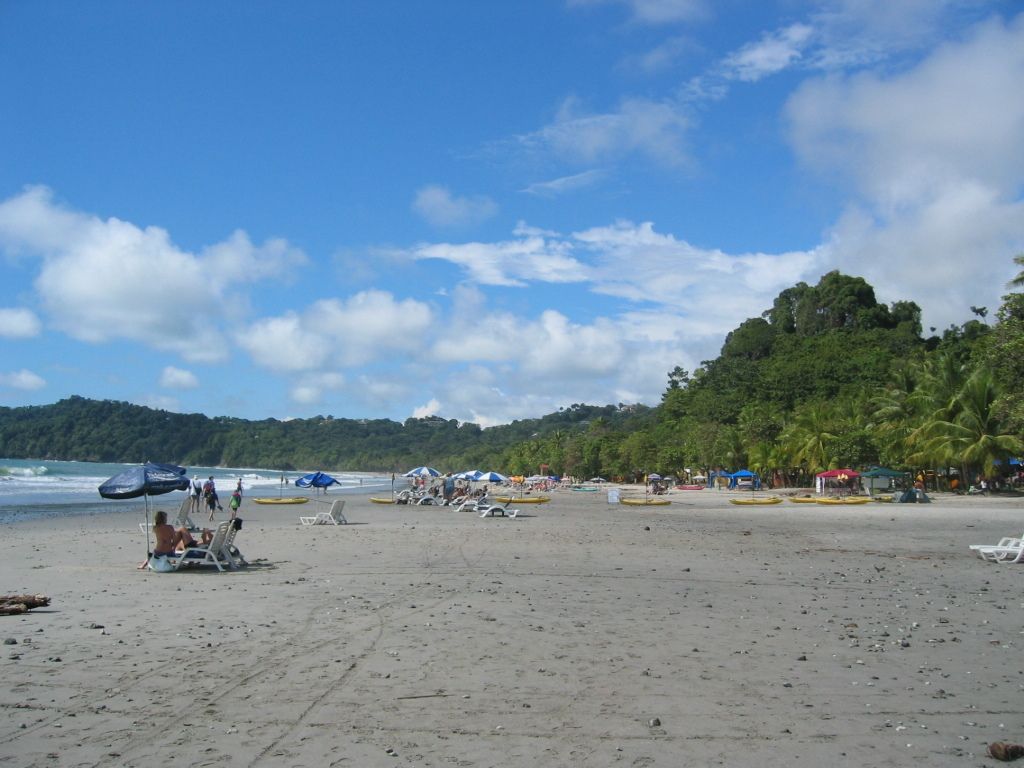The Grim Outlook for the International Space Station (ISS)
Space Gathering Canceled Due to NASA Budget Reductions Posing Risks for Astronauts and Supply Deliveries
Welcome to the uncertain world of space exploration! The International Space Station (ISS) is edging towards its sunset years, but its twilight may arrive sooner than expected, thanks to NASA's financial woes.
The Center for the Advancement of Science in Space (CASIS), the ISS's operators, have decided to cancel the annual space station research conference, SpaceNews reports. Set for July end in Seattle, the upcoming ISS Research and Development Conference is a casualty of the "current regulatory and budgetary environment" and won't be happening this year.
The call comes roughly a month after the U.S. government unveiled its FY2026 budget proposal, known as the skinny budget. This punishment handed out by the current administration includes a $6 billion dollar slash to NASA's budget, a 24% decrease from its current $24.8 billion budget for 2025. The budget also suggests smaller ISS crews before its 2030 retirement, to be replaced by a plethora of commercial space stations.
There's a close to 25% reduction in ISS funding, from $1.24 billion to $920 million, under the proposed FY2026 budget. The budget document warns of "significantly reduced" crew and cargo flights, with the ISS's limited research capacity solely focused on research critical to future Moon and Mars exploration programs.
Dana Weigel, NASA's ISS program manager, revealed during a briefing held in late May, that the space agency had been grappling with resource issues long before the FY2026 budget proposal. The ISS has been on a multi-year budget reduction treadmill, leaving the space agency with "some budget and resource challenges that result in less cargo," SpaceNews quotes Weigel as saying.
The cargo includes crucial supplies for the ISS's crew. Since the late 1990s, NASA has kept at least 4 NASA astronauts on the ISS, along with international crew members from Russia, Japan, Canada, and more. In the past, NASA has carried out 4 or 5 cargo missions a year, but the agency plans to decrease this number to just three drop-offs in 2025. "We're evaluating the potential for moving to three crew," Weigel said during the briefing. NASA is also considering extending mission lengths aboard the ISS from six months to eight, Ars Technica previously reported.
As of now, five commercial space stations, including Orbital Reef, Axiom Station, and Starlab, are in development but are nowhere near ready to replace the ISS just yet. The steady presence of the ISS in Earth's orbit would leave behind a sizable gap once it's gone. Here's hoping for a swift resolution to NASA's funding dilemma and the continuation of pioneering research aboard the ISS! To stay updated on the situation, bookmark our space station news feed and keep those curiosity meters humming high! 🚀🔬🌌
- NASA's financial struggles, as depicted in the proposed FY2026 budget, may impede the advancement of science, particularly in the field of space exploration and research.
- The AI-driven analysis of the budget document suggests a significant reduction in the environment afforded for research on the ISS, with a potential shift towards a focus on Moon and Mars exploration programs.
- The ongoing financial issues at NASA, coupled with the proposed budget reductions, could impact the health-and-wellness of the ISS's crew, as crucial supplies may become scarce.
- In the world of finance, the predicted cut of $6 billion from NASA's budget for 2026 could have far-reaching effects, not only on space exploration but also on technology and scientific progress.
- The space-and-astronomy community, including scientists, engineers, and enthusiasts, are closely monitoring this situation, as the decommissioning of the ISS could create a void that may take years to fill with commercial space stations currently under development.





